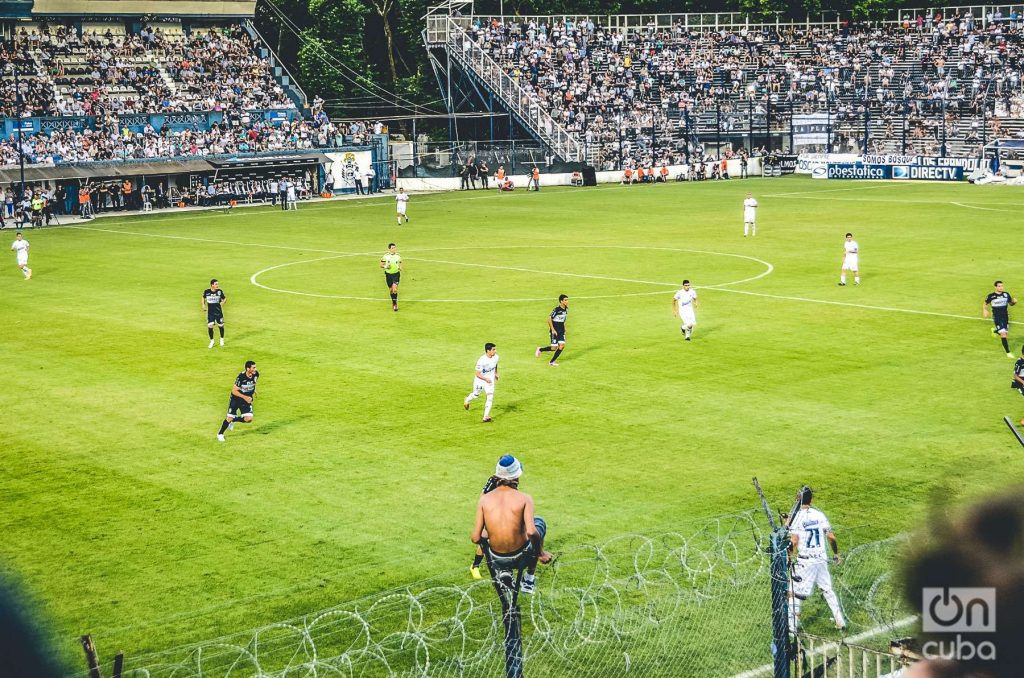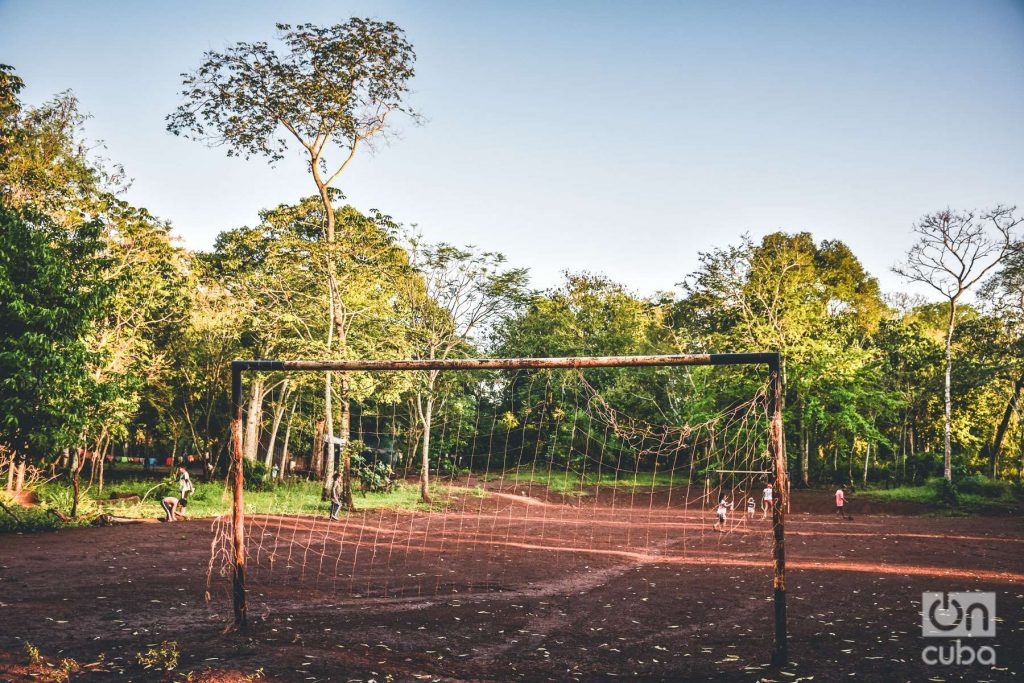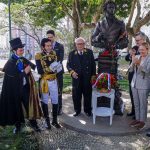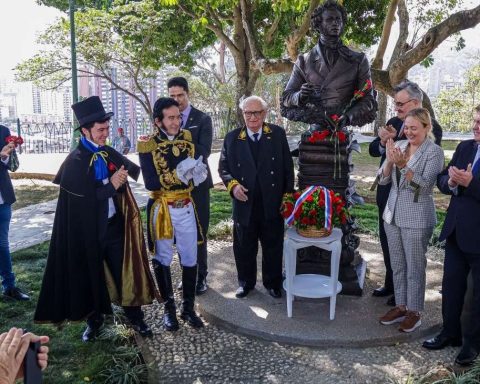In the weeks that the Qatar Soccer World Cup it captures almost all my attention and my emotions are on the surface like those of all of Argentina, I happened to be reading some stories by Jorge Luis Borges. The coincidence was curious to me because the author of “El Aleph”, famous pen of universal literature, vociferated to the four winds his animosity for the sport that drives his countrymen crazy.
“I have never seen a game in my life. Firstly, because I am almost blind, secondly, because it is part of the tedium, and also because the people who attend those games do not go for the game itself, as a sport, but exclusively to see their team win,” he said emphatically once.
He did not hide his anti-football facet. Unlike; whenever she got the chance, he would make her stand out.
“Football is popular because stupidity is popular,” he declared before finishing off: “Eleven players against eleven others running after a ball are not especially beautiful.”
Only once in his life did the writer attend a match. It happened in a match between the Uruguayan and Argentine teams, played at the Monumental stadium in Buenos Aires. His friend, the Uruguayan writer Enrique Amorim, was passing through the city and thought it would be a nice invitation.
What the Argentine did not know was that his colleague did not care about football either; he accepted the invitation for not being impolite. Inside the stadium, already seated, they confessed to each other. They laughed out loud and while the game was going on they talked about literature, oblivious to the hubbub that surrounded them.

They say that at the end of the first half, both left the stadium: they thought the game was over.
In the street, while they were walking, Borges told Amorim:
“I hoped that Uruguay would win, to be on good terms with you, so that you would feel happy.”
Amorin smiled and answered:
“And I hoped that Argentina would win, to be good with you.”
Neither of them knew the final result of that match.

Not even in 1978, during the World Cup in which Argentina hosted and managed to lift the cup, did Borges lower his guard against his antipathy. He was in charge of declaring in an interview: “While the championship lasts, I will go anywhere where football is not talked about. The World Cup will be a calamity that luckily will pass”.
So it was. On June 25, 1978, at the same time that the final between Argentina and the Netherlands was being played in the stadium that he once visited, in another part of the city, Jorge Luis Borges himself gave a lecture on immortality.
Eduardo Galeano summarizes in his book Soccer in sun and shadow: “The contempt of many conservative intellectuals is based on the certainty that the idolatry of the ball is the superstition that the people deserve. Possessed by soccer, the common people think with their feet, which is their thing, and in that subaltern enjoyment it is realized. Animal instinct prevails over human reason, ignorance crushes Culture, and thus the mob has what it wants.

Months after the 1978 World Cup, an Argentine literary magazine scheduled a meeting between César Luis Menotti, technical director of the champion team, and Borges. The coach would interview the writer.
Many assumed that the exchange would not take place. However, Borges accepted and, in September of that year, received Menotti at his house.
Almost nothing was said about football. The subject, the brand new world champion and fervent reader of Borges, was what interested him least in that meeting.
Noticing so much knowledge about his work, the writer became fond of his interviewer; to the point of being the one who brought up the subject of sport a couple of times. With insight and humor, he did not stop throwing a couple of soccer darts that have gone down in the history of the match.

Menotti has recounted funny passages from the talk. Among them, that Borges, after greeting him, confronted him with the comment: “You must be very famous. This house was revolutionized when I said it was coming. My employee asked me not to leave without signing an autograph. She has never asked me for one.”
Almost at the end, after having exchanged more about letters than about balls, the writer praised Menotti: “How strange, isn’t it? An intelligent man and insists on talking about football all the time. They smiled and hugged.

In that Borgesian “hate” of football hides a certain amount of love. Impossible to escape idiosyncrasy. It was more than football. It was a game of sentimental high decibels. In fact, in 1967 he had written, together with his friend and confidant Adolfo Bioy Casares, a story about soccer.
Like the team they were, Borges dons the number 10 jersey, intended for the star playmaker or attacking midfielder. For his part, Bioy goes with the jacket 9, that of the forwards, of the prolific scorers. With four hands, between literary dribbling and touching on the business and passion that surround soccer, they write “Esse est percipi” (To exist is to be perceived).























